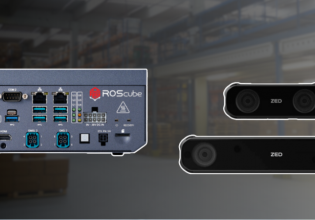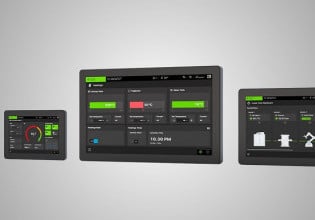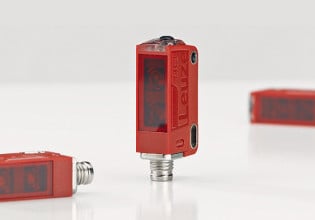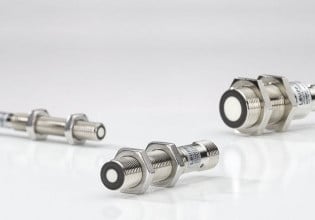H
The connection head of RTDs or Thermocouples are offered in different materials: Aluminum, Cast iron, Cast aluminum and Stainless steel. Any criteria for selection between them? We had in our plant one thermocouple head was stuck close, and we were unable to open it. when using hard tools to open it, part of the cover was broken. is material selection can make also the box easy to be opened by normal tools?






